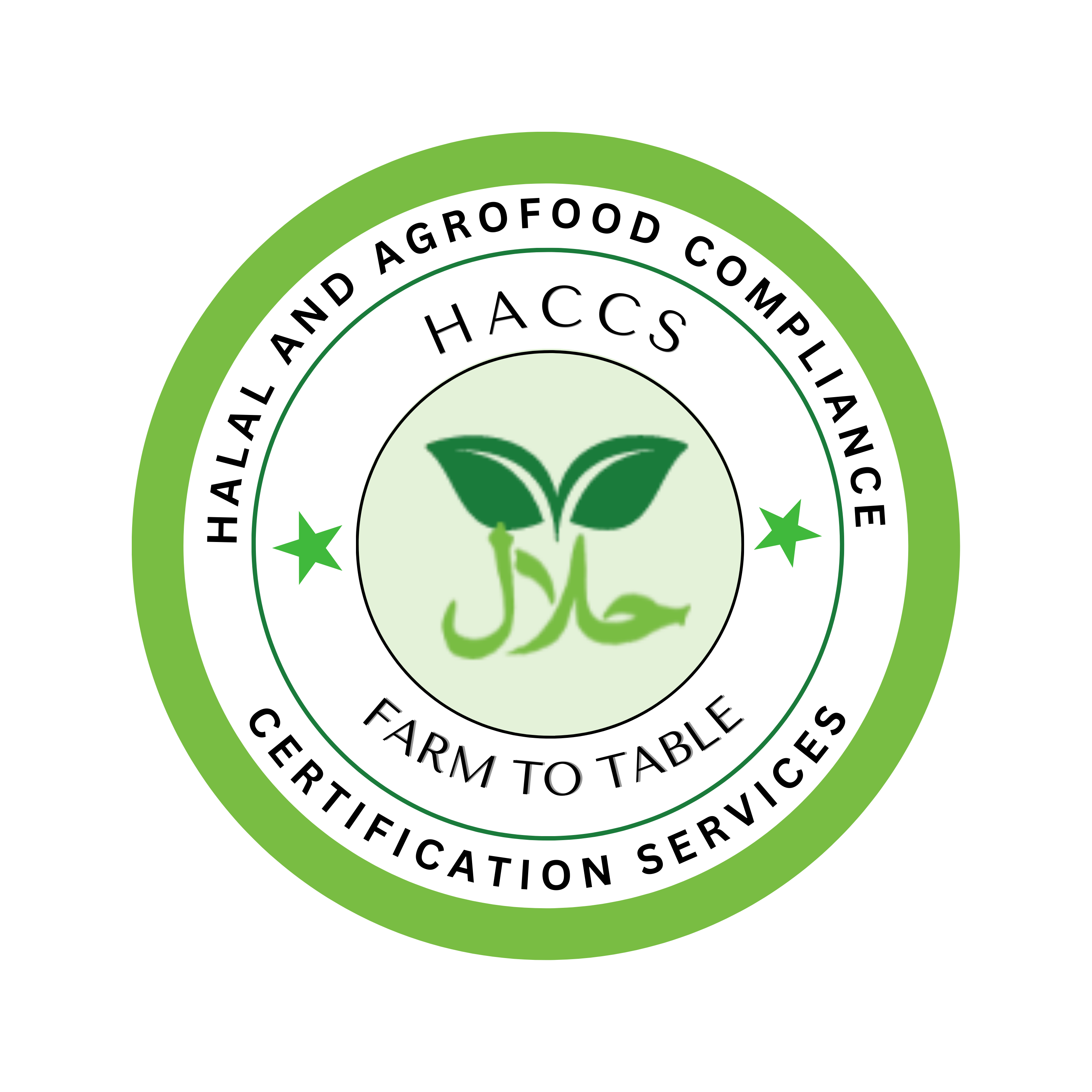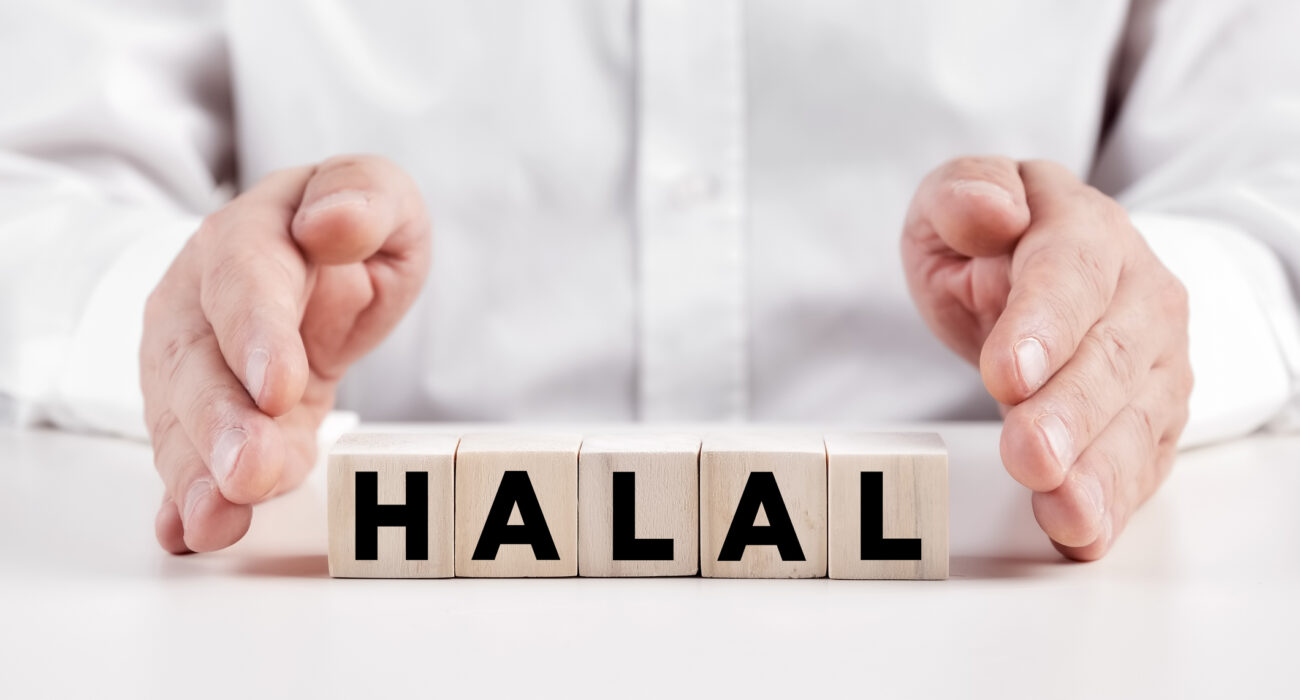What is Halal?
The term halal means “permissible” or “lawful” to Muslims. It refers to what Muslims are allowed to consume, use, or engage in. It applies, but is not limited to the following:
1. Halal in Food and Beverages
• Halal food must comply with Islamic or ethical dietary laws, including:
• No pork or pork derivatives
• No alcohol or intoxicants
• Meat from animals slaughtered according to Islamic rites (zabiha)
• No cross-contamination with unlawful substances
2. Halal in Non-Food Products
The halal concept also applies to:
- Cosmetics & Personal Care (no alcohol, no animal by-products from unlawful sources)
- Pharmaceuticals (gelatin capsules from non-pork sources)
- Finance (halal investing that avoids interest/usury and unethical businesses)
- Fashion (modesty and ethical sourcing)
3. Halal Certification
Halal certification is a third-party verification process that ensures a product, service, or process complies with halal standards. It provides consumer confidence, especially in global trade and diverse markets.
Global Recognition
Today, halal is not just a religious requirement but also a global market standard, supported by halal certification bodies and governments worldwide. Countries like Malaysia, Indonesia, the UAE, and even non-Muslim majority countries (e.g., Australia, New Zealand) have recognised halal certification schemes to ensure compliance and consumer trust.
“Muslims are the fastest-growing consumer segment in the world. Any company that is not considering how to serve them is missing a significant opportunity to affect both its top and bottom-line growth”

